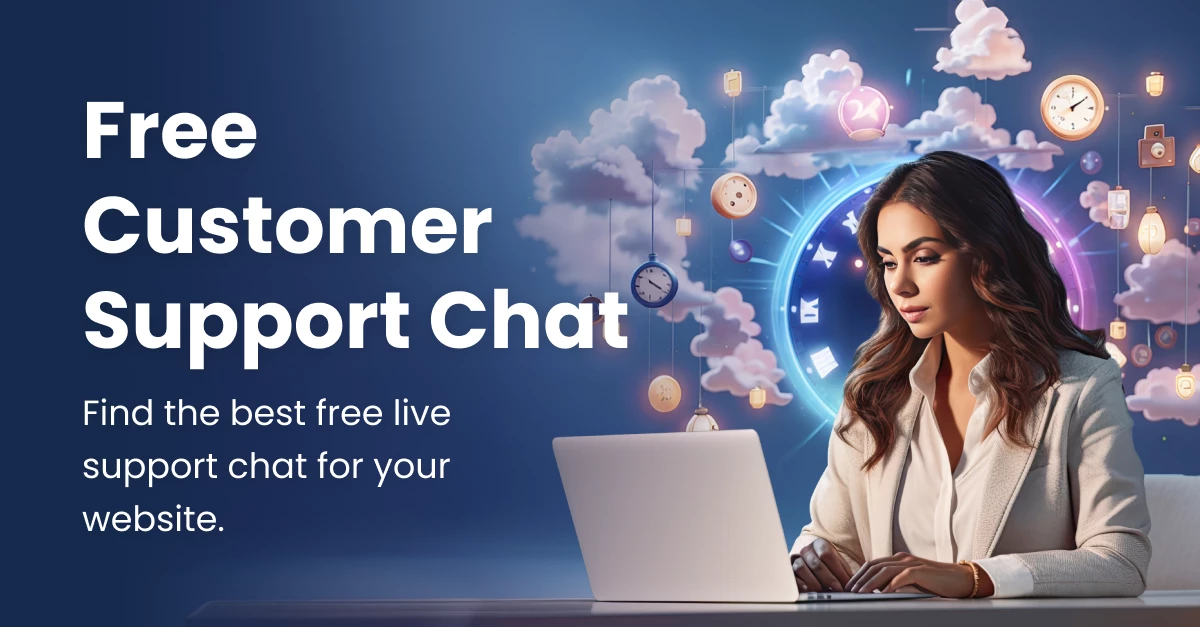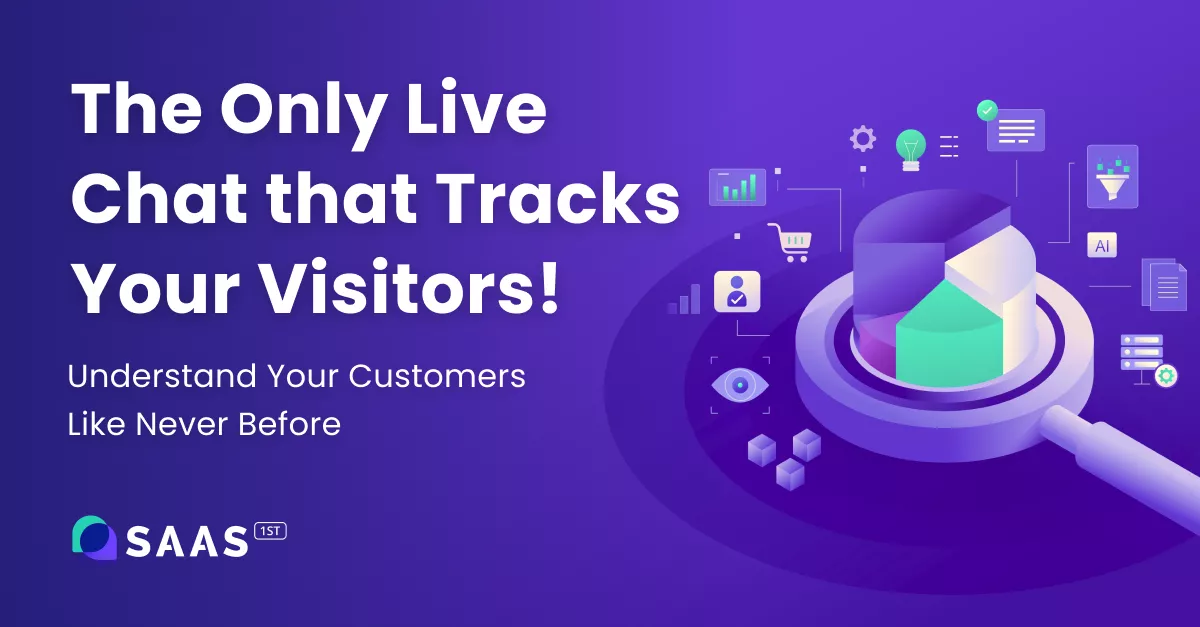I think it is evident that nowadays, it is an expectation of customers that they can reach out to a business through different channels, depending on context and their preference. Most businesses offer customer service through live chat, email, phone, WhatsApp, Facebook Messenger, and other platforms as well.
Now, the concern in all of us rightly arises: How should we manage all these incoming messages without missing anything? That is where an omnichannel inbox can help us. In this article, we’ll discuss the reasons why businesses need to implement an omnichannel inbox into their customer support service and the benefits it bears once using it.

I always believe that the most convincing evidence for something is when we look at the numbers, the statistics. So, let’s see some data about omnichannel inboxes according to trengo and the customers’ expectations when they need support.
There are 76% of customers looking for consistent communication across departments.
39% of customers feel that a lack of knowledge from support team members is the most frustrating aspect of poor customer service. 28% of customers believe having to repeat information is the most frustrating part.
39% of US businesses said that their main challenge in optimizing the customer experience is a lack of interdepartmental collaboration.
When we look at global audiences, here are some numbers on the channels customers use to contact businesses:
43% of leaders say that creating omnichannel experiences is one of the most challenging tasks. 43% also state that customer demands for omnichannel experiences have increased.
Well, there you go. From these numbers, it is clear that businesses must use an omnichannel inbox if they want to keep up with the trends and the anticipation of customers.
Looking at it from the customers' perspective, what they can see is that there are multiple channels where they can reach you. The more channels are available for your customers to contact you, the more chance you have that they will reach out to you.
We all know that juggling between platforms is not an easy job, which is why many businesses decide to only include 1 or maybe 2 ways people can connect with them. It can be totally enough, but if you desire to reach more people and engage with more customers, it’s best if you give them the chance to be able to message you through different platforms.
The omnichannel approach helps you make sure that all messages get answered, as it will come into one single place, where all of them are handled. It makes the job easier and the workflow more efficient.
A good omnichannel inbox allows you to see all the necessary information and previous conversations of the customer getting in touch with you. Even if it’s on social media, via email, or a phone call, you have a comprehensive picture of previous interactions with specific users.
This offers you the chance to look at customer’s preferences, pain points, and overall needs in connection with your product or service. This way, you will be able to resolve their issues or better answer their queries, because you are already familiar with their history. Response times are thus reduced, and customer satisfaction rises.
The key here is centralized data that is found in one single place, where you answer your messages. These insights can be extremely useful in every interaction with customers.
Shahnawaz Jarwar, Customer Service Specialist at ibex mentioned something that resonated with this perfectly. “Agents can access all relevant information in one place, which helps them provide faster and more personalized responses. It also allows for seamless collaboration among team members. In my experience, using an omnichannel inbox has made it much simpler to keep track of customer conversations, prioritize tasks, and deliver top-notch support. It's a win-win for both agents and customers!”
This connects to the previous points I have discussed in the article, but deserves its own mention, as it’s one of the most crucial parts of customer support nowadays.
The speed at which you reply to your customers probably determines the level of satisfaction they will have towards your service. Now, if you have multiple channels where you need to check the incoming queries, it is nearly impossible to reply immediately to everything. What the omnichannel inbox provides is a comprehensive overview of every email, message, and interaction you get, so switching between the platforms is no longer an issue.
All in all, you have all the queries, all the history of previous conversations, and all the customer information you need. This significantly speeds up the process of replying to everyone.
We have looked at why it is great for the customers that you have an omnichannel inbox. Because they can reach you on multiple channels while getting an answer as quickly as possible. Now let’s see why it is good from the perspective of your customer support team.
The efficiency of your support team is rooted in a transparent interface. For one, the omnichannel inbox obviously collects all the messages agents need to handle, we have established that. Secondly, this also means that they can effectively assign and decide which customer message should be handled by whom based on the responsible agent for different issues.
In my conversation with Afnan Ahmed, Customer Service Representative at XEPOS Ltd., he explained that an omnichannel inbox “is a great help for the CS agents, there will be no need to follow the messages on different platforms, and one can become able to get all the leads in one window. This is really a huge help, because, in this kind of duty, we need to follow each lead and get the issue sorted. In multitasking, this is also a helpful thing.”
This way, the job of every agent is clear, which further enhances efficiency and collaboration between team members. What the customers experience from this is seamless, fast, and very helpful support from your service.
In summary, implementing an omnichannel inbox is essential in today's customer support market. It meets the growing expectation for consistent communication across various platforms, as evidenced by the data discussed.
This approach enhances customer satisfaction and ensures responsive and personalized service. Plus, it also boosts the efficiency of support teams. If you think an omnichannel inbox would benefit your customer service, try SAAS First’s Inbox, where you can manage all your messages efficiently and easily.

 Csilla Fehér
Csilla Fehér

 Csilla Fehér
Csilla Fehér

 Csilla Fehér
Csilla Fehér